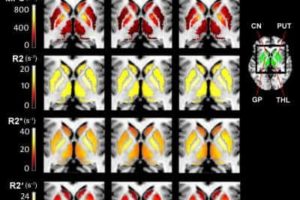medical university of south carolina
10-year roadmap for reaching public health education goals
San Diego, CA, January 11, 2011 — Launched on December 2, 2010, Healthy People 2020 is an ambitious, science-based, 10-year agenda for improving the health of all Americans. A key component, Education for Health, is an educational roadmap to achie…
Study finds anti-microbials a common cause of drug-induced liver injury and failure
New research shows that anti-microbial medications are a common cause of drug-induced liver injury (DILI) leading to acute liver failure (ALF), with women and minorities disproportionately affected. While ALF evolves slowly, once it does occur a spo…
Screening tool may better identify heart disease in African-Americans
CHICAGO — In a study being presented today at the annual meeting of the Radiological Society of North America (RSNA), researchers say they may have an explanation as to why African Americans, despite having lower amounts of coronary artery calcifi…
New approach holds promise for reducing cocaine craving
New understanding of the changes in brain chemistry caused by chronic cocaine use has suggested a novel treatment that could reduce the intense craving that forms the core of cocaine addiction. “Our studies show that administration of an existing drug ? n-acetyl cysteine, which is used to treat cystic fibrosis and several other disorders ? reverses the changes in brain chemistry that appear to cause cocaine craving,” said David A. Baker, a post-doctoral fellow in the laboratory of Peter W. Kalivas at the Medical University of South Carolina.



